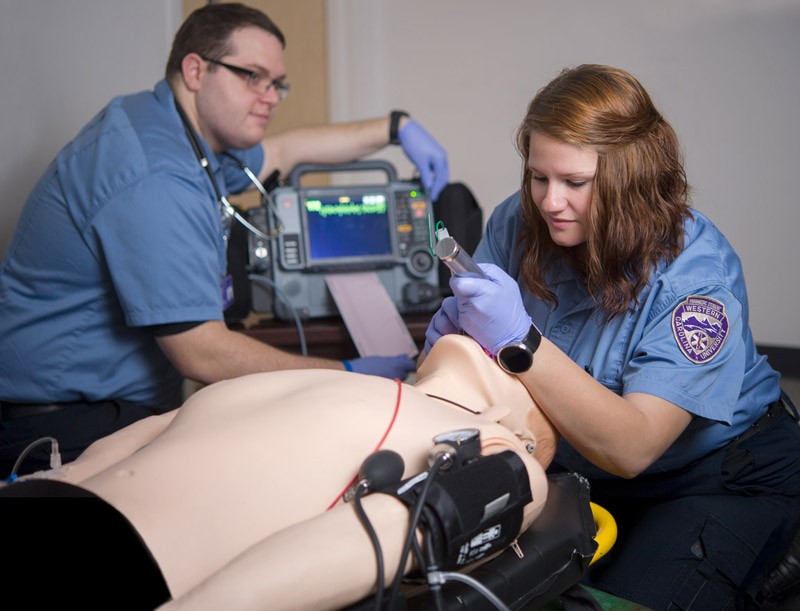Medical care programs are structured educational paths designed to equip individuals with the knowledge and skills necessary to excel in various healthcare professions. These programs are diverse, ranging from certifications to bachelor’s and advanced degrees, and cater to a wide array of specializations within the medical field. Understanding what a medical care program entails is crucial for anyone considering a career in this vital sector.
At their core, medical care programs aim to develop competent and compassionate healthcare professionals. They achieve this through a combination of rigorous academic coursework, hands-on clinical training, and professional development opportunities. The curriculum is carefully crafted to cover essential subjects such as anatomy, physiology, pharmacology, patient care techniques, medical ethics, and healthcare management principles. Depending on the specific focus, a program might delve into specialized areas like emergency medicine, nursing, medical technology, or healthcare administration.
One exemplary model of a comprehensive medical care program is the Emergency Medical Care (EMC) Program at Western Carolina University (WCU). Notably, WCU boasts the nation’s first baccalaureate EMC program, underscoring its pioneering role in this field. Accredited by the Commission on Accreditation of Allied Health Education Programs (CAAHEP) and recognized by the Committee on Accreditation of Educational Programs for the EMS Professions (CoAEMSP), WCU’s EMC program offers a Bachelor of Science degree specifically tailored for pre-hospital care providers. This accreditation signifies a commitment to high educational standards and ensures that graduates are well-prepared for professional practice.
WCU’s EMC program distinguishes itself by offering flexible learning options to accommodate diverse student needs. Students can choose between a residential program based on the Cullowhee campus and an online program designed for working professionals. The online option is particularly beneficial for certified paramedics or those with equivalent military medical training, allowing them to further their education without disrupting their careers.
[
](https://www.wcu.edu/learn/departments-schools-colleges/HHS/healthsci/emc/emc-cullowhee-program.aspx)
[
](https://www.wcu.edu/learn/departments-schools-colleges/HHS/healthsci/emc/emc-online-program.aspx)
Within the WCU EMC program, students can further specialize by choosing a concentration in either Health Management or Science. The Health Management concentration is geared towards developing future leaders in healthcare, preparing graduates for administrative roles within EMS and healthcare organizations, as well as for advanced studies at the graduate level. Conversely, the Science concentration is designed as a strong foundation for students aspiring to medical school, physician assistant programs, dental school, physical therapy programs, and other science-focused graduate programs. This concentration may include some on-campus coursework to provide the necessary laboratory and practical experience.
The effectiveness of a medical care program can be measured by its outcomes. WCU’s EMC Program demonstrates impressive results, consistently achieving high pass rates on national and state paramedic exams. In recent years, graduates have consistently achieved 100% pass rates on both the North Carolina Paramedic Exam and the National Registry of Emergency Medical Technicians (NREMT) Paramedic Exam. Furthermore, the program boasts a 100% positive placement rate, indicating that graduates are successfully entering their chosen careers or further education paths. These outcomes are a testament to the quality of instruction and the program’s dedication to student success.
Emergency Medical Care Program Outcomes
| 2022 | 2021 | 2020 | |
|---|---|---|---|
| NC Paramedic Exam Pass Rate | 100% | 100% | 93.8% |
| NREMT Paramedic Exam Pass Rate | 100% | 100% | 90% |
| Attrition | 16.7% | 16.7% | 25.9% |
| Retention | 83.3% | 83.3% | 74.1% |
| Positive Placement | 100% | 100% | 100% |


A crucial component of any successful medical care program is its faculty. WCU’s EMC program is supported by a team of exceptional faculty members who bring a wealth of experience and expertise to both the on-campus and online learning environments. These dedicated educators are committed to providing students with a high-quality learning experience and preparing them for the challenges and rewards of a healthcare career. Graduates from programs like WCU’s EMC go on to make significant contributions to the healthcare landscape, working as paramedics, educators, physicians, physician assistants, researchers, and EMS administrators, demonstrating the broad impact of well-structured medical care programs.
In conclusion, a medical care program is a vital pathway for individuals seeking to enter and advance within the healthcare industry. Programs like the Emergency Medical Care program at WCU exemplify the commitment to excellence, offering specialized training, flexible learning options, and strong career prospects. For those passionate about making a difference in healthcare, exploring the diverse landscape of medical care programs is the first step towards a rewarding and impactful career.